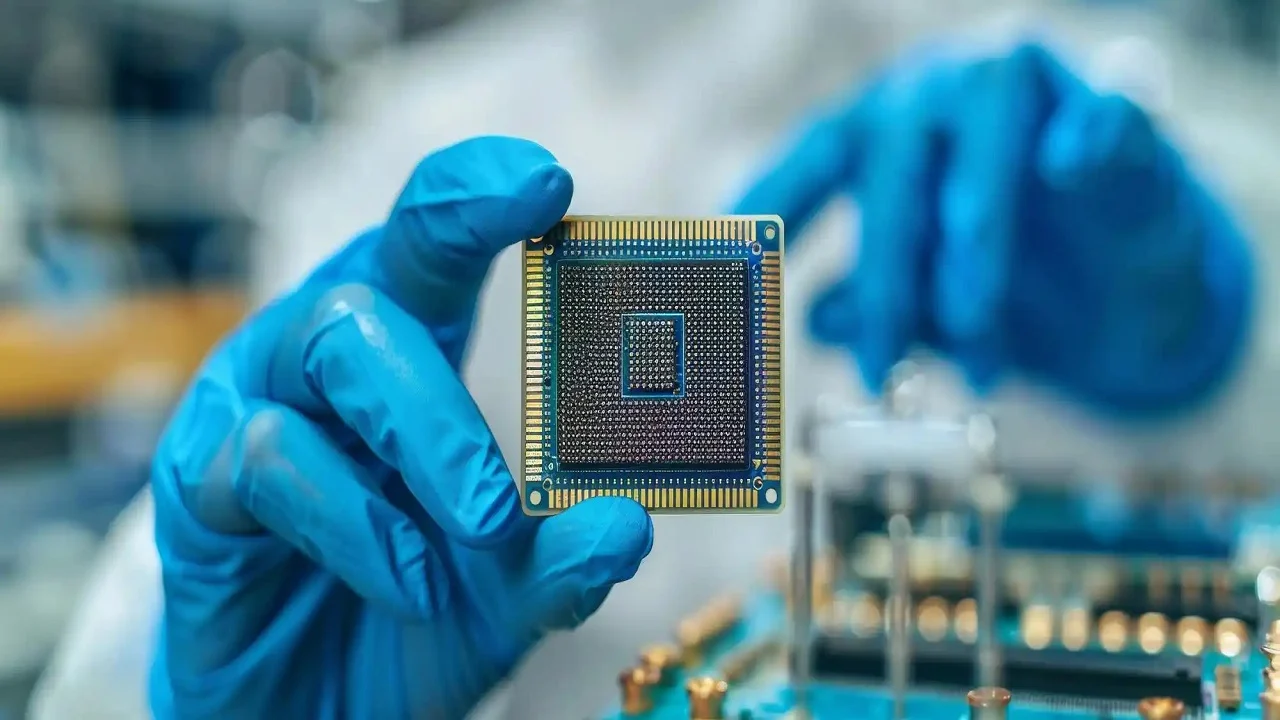Pakistan is taking a significant leap toward technological independence by investing in chipset and semiconductor design. With over 7,000 university students currently receiving chip design training and 12 local companies entering the field, the country aims to reduce its dependency on imported technologies and stake a claim in the global chip market.
National Focus on Chip Design
This promising development was disclosed during a recent meeting of the Senate Standing Committee on Information Technology. Officials emphasized that while Pakistan is not yet focusing on chip manufacturing, the emphasis on design is a practical first step, considering the high investment requirements for fabrication.
Chips are vital components in virtually every digital device—smartphones, medical equipment, cars, laptops, and even satellites. But Pakistan, like many nations, is heavily reliant on foreign-made semiconductors. Amid global chip shortages and rising demand, building domestic design capabilities has become both a technological and strategic necessity.
Growing the Talent Pipeline
Most of the training in Pakistan is happening at the undergraduate level, with plans underway to expand academic programs and build partnerships with both local and international firms.
READ MORE: Trump Announces Deal on Oil Development as Pakistan’s Untapped Reserves Come Into Focus
In parallel, 12 Pakistani companies have ventured into chip design, developing small-scale integrated circuits and engaging in advanced research and development. While the government has yet to reveal their names, insiders report that many operate as fabless design houses—a model similar to that of Qualcomm and ARM, where chips are designed locally but manufactured abroad.
A Matter of National Security
Beyond powering gadgets, chips are critical to the security infrastructure of countries, influencing defense systems, banking, healthcare, and communication networks. Recognizing this, lawmakers have stressed the importance of a clear national roadmap that includes:
-
Support for local chip startups
-
Scholarships for engineering students
-
Strong industry-academic partnerships
-
Access to global chip design tools and supply chains
Facing the Challenges
Designing advanced chips is no small feat. It requires costly EDA (Electronic Design Automation) tools, highly skilled engineers, and international collaboration. Some essential chip design software tools are also subject to export restrictions, creating additional hurdles.
Yet experts agree that developing human capital is the right starting point.
“Chips are the brain of every digital product,” said a senior advisor to the Ministry of IT. “Mastering chip design lays the foundation for long-term digital sovereignty.”
Building a Digital Future
This initiative is part of a broader national strategy to strengthen Pakistan’s digital ecosystem, which also includes investments in AI, cybersecurity, and quantum computing. Together, these domains represent the building blocks of a future-ready digital economy.
Senator Palwasha Mohammad Zai Khan, Chairperson of the Senate Committee, urged for sustained government support to nurture young engineers and innovative tech startups, calling for inclusive growth, open access, and long-term investment in emerging technologies.
If current momentum continues, Pakistan may soon find itself as a meaningful player in the global chip design industry, strengthening both its economy and national security.



